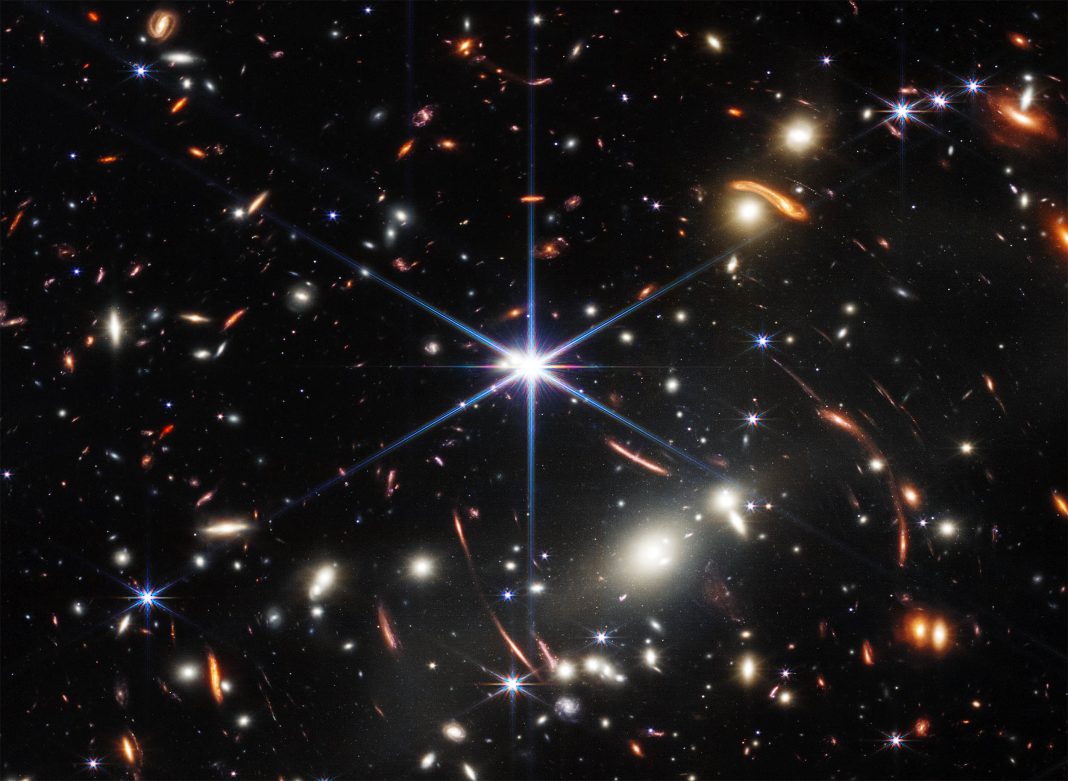For what feels like an eternity, our understanding of the universe’s destiny has been largely settled. The consensus, solidified by a Nobel Prize-winning discovery, painted a picture of an ever-accelerating cosmos, driven by the mysterious force of dark energy. The universe wasn’t just expanding; it was flooring it, pushing galaxies further and further apart at an ever-increasing pace. But prepare for a cosmic plot twist that’s shaking up observatories and theoretical physics departments alike. A brand new study suggests that our universe might actually be slowing down, not speeding up, completely upending everything we thought we knew about its ultimate fate.
The Cosmic Brakes: A New Universal Truth?
The idea of an accelerating universe has been a cornerstone of modern cosmology for decades. It explains why distant supernovae appear fainter than expected, suggesting that space itself is stretching out faster than anticipated. This expansion was attributed to dark energy, a theoretical force making up roughly 68% of the universe, acting as a kind of cosmic anti-gravity. It’s been the leading explanation for why our universe seems destined for a “Big Freeze,” gradually stretching into an infinitely cold and empty void.
However, this new research challenges that deeply ingrained narrative. Scientists, employing a novel approach to analyze vast amounts of cosmological data—including observations of distant galaxies and the cosmic microwave background—have concluded that the evidence for acceleration might not be as robust as previously thought. Instead, their findings point to a universe that is either expanding at a constant rate or, even more surprisingly, actively decelerating. This isn’t just a minor adjustment; it’s a radical reinterpretation that could rewrite physics textbooks and fundamentally alter our perception of the cosmos.
Re-evaluating Dark Energy and the Universe’s Fate
If the universe is indeed slowing down, the implications for dark energy are profound. Does it still exist? Is its nature entirely different from what we’ve modeled? Or perhaps, is the cosmological constant – Einstein’s original idea for a static universe that he later called his “biggest blunder” – due for an unexpected comeback, albeit in a different form?
The fate of the universe hangs in the balance. A perpetually accelerating universe points towards an ultimate “Big Freeze” or even a “Big Rip,” where everything is eventually torn apart. But a decelerating universe opens up entirely different possibilities. Could we be heading towards a “Big Crunch,” where gravity eventually wins, pulling everything back together into an incredibly dense point? Or perhaps a “Big Bounce,” where a collapse gives way to a new expansion, creating an endless cycle of universal birth and rebirth?
“It’s like finding out the express train you thought was speeding towards an infinite horizon actually has a destination, and might even be slowing down for it,” remarked Dr. Elena Petrova, a theoretical physicist following the new developments. “This study forces us to reconsider the very nature of space, time, and the forces that govern our existence.” The cosmic clock, it seems, might be ticking to a very different rhythm than we ever imagined.
What’s Next for Cosmic Understanding?
This groundbreaking study is a powerful reminder that our journey to understand the universe is far from over. Science thrives on challenging existing paradigms, and this new data offers a tantalizing glimpse into a universe potentially more complex and dynamic than our current models allow. While more research and independent verification will undoubtedly be needed to fully confirm these findings, the conversation has officially shifted. We might just be at the precipice of a monumental shift in cosmology, forcing us to rethink everything from the nature of dark energy to the ultimate destiny of our universe. The cosmos, once again, proves itself to be the ultimate mystery, constantly evolving and surprising us with its boundless secrets.
What do you think? Does the idea of a slowing universe excite or confound you? The conversation has just begun!




